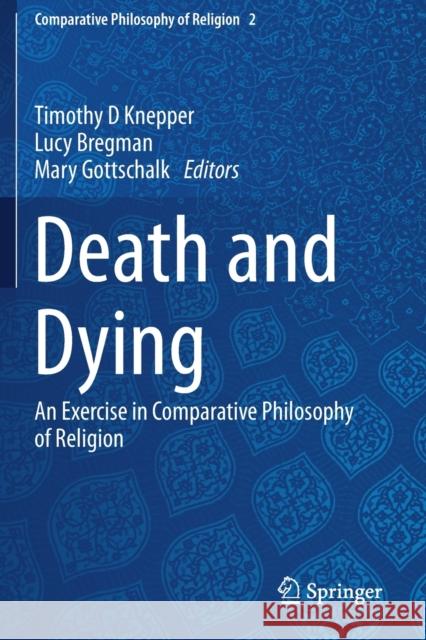Death and Dying: An Exercise in Comparative Philosophy of Religion » książka
topmenu
Death and Dying: An Exercise in Comparative Philosophy of Religion
ISBN-13: 9783030193027 / Angielski / Miękka / 2020 / 248 str.
Death and Dying: An Exercise in Comparative Philosophy of Religion
ISBN-13: 9783030193027 / Angielski / Miękka / 2020 / 248 str.
cena 564,88
(netto: 537,98 VAT: 5%)
Najniższa cena z 30 dni: 539,74
(netto: 537,98 VAT: 5%)
Najniższa cena z 30 dni: 539,74
Termin realizacji zamówienia:
ok. 16-18 dni roboczych.
ok. 16-18 dni roboczych.
Darmowa dostawa!
Kategorie:
Kategorie BISAC:
Wydawca:
Springer
Seria wydawnicza:
Język:
Angielski
ISBN-13:
9783030193027
Rok wydania:
2020
Wydanie:
2019
Numer serii:
000820179
Ilość stron:
248
Waga:
0.36 kg
Wymiary:
23.39 x 15.6 x 1.37
Oprawa:
Miękka
Wolumenów:
01
Dodatkowe informacje:
Wydanie ilustrowane











